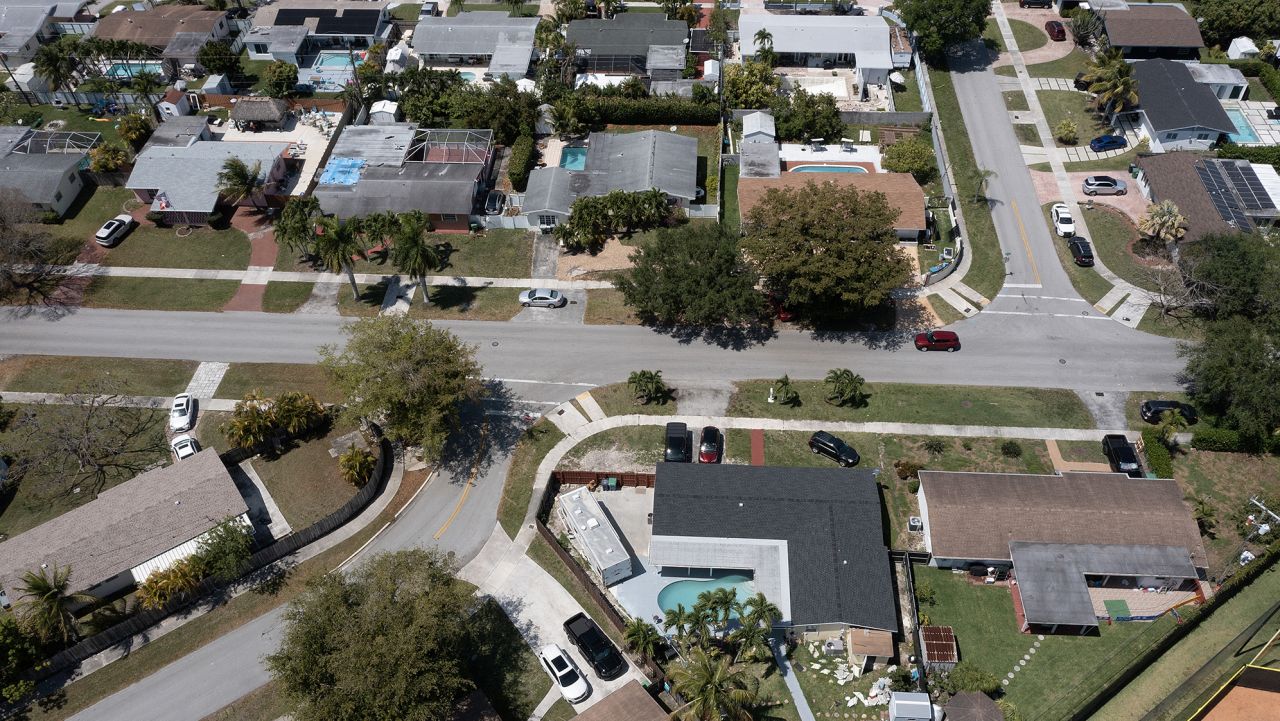More Americans are failing to make payments on their credit cards and auto loans, another sign of rising financial pressure on consumers.
New credit card and auto loan delinquencies have now surpassed pre-Covid levels, according to a Wednesday report issued by Moody’s Investors Service.
The rate of new credit card delinquencies hit 7.2% in the second quarter, up from 6.5% in the first quarter, according to the Moody’s report, which was based on household debt data published earlier this week by the New York Federal Reserve.
That closely watched rate measures the percentage of loans that became 30 or more days delinquent. This metric is now ahead of where it was in the second quarter of 2019, before the Covid-19 pandemic rocked the economy.
The rate of new auto loan delinquencies is also on the rise, hitting 7.3% in the second quarter, compared with 6.9% in the first quarter. That’s also above pre-Covid levels.
Auto loan and credit card delinquencies remain well below Great Recession levels.
Still, the findings suggest that more consumers are struggling to keep up with high prices as they plow through savings built up over the past three years.
Moody’s warns that new credit card and auto loan delinquencies will both continue “rising materially,” peaking in 2024 at between 9% and 10%, compared with 7% pre-Covid.
That forecast is based on an assumption that the historically low unemployment rate peaks at around 5% as the economy slips into a “mild” recession. Although Moody’s is still calling for a recession, other Wall Street firms have become more optimistic and think the US economy will experience a soft landing.
The good news from the Moody’s report is that fewer Americans are falling behind on their mortgage payments.
New residential mortgage delinquencies have edged higher over the past year but remain well below pre-Covid levels. Moody’s doesn’t expect mortgage delinquencies to reach pre-pandemic levels until 2024.









